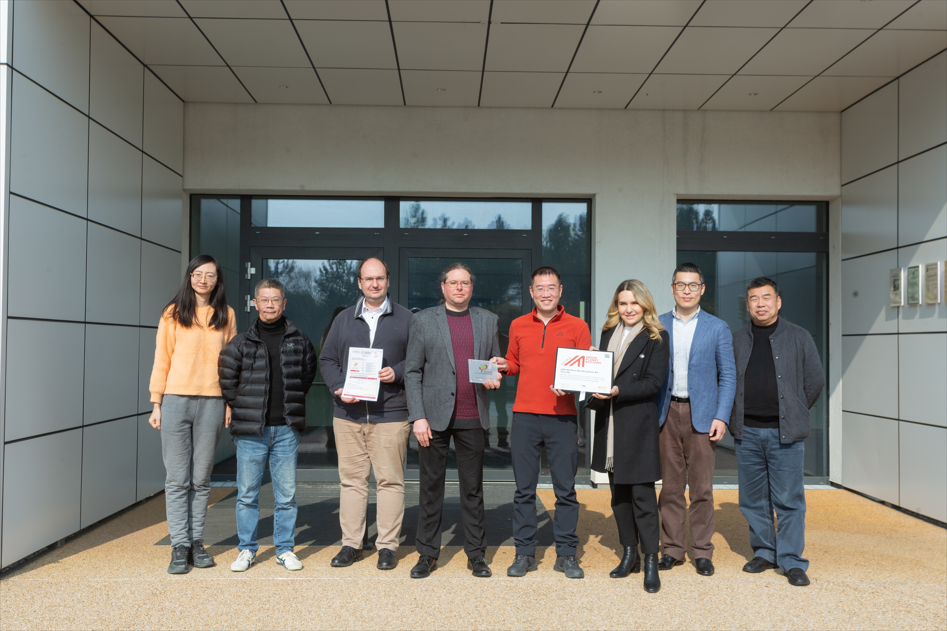Researchers from the Vienna University of Technology (TU Wien) and the University of Science and Technology Beijing have created a metal alloy with almost zero thermal expansion. This discovery marks a significant milestone for precision manufacturing in industries such as aviation, aerospace, and high-precision electronics. The findings have been published in the journal National Science Review.
The Challenge of Thermal Expansion
Thermal expansion is a well-known phenomenon in materials science. Most metals expand or contract when temperatures change due to the increase or decrease in the kinetic energy of their atoms. This volume change must be considered during the engineering process. While this effect is manageable in large structures, such as the Eiffel Tower, which can expand by up to 15 cm during hot months, even small changes can cause defects in precision manufacturing. To overcome this problem, materials with low thermal expansion, such as invar, are used in applications like clocks and some engine valves. However, the stability of these existing materials is limited to certain temperature ranges.
A Step Forward in Materials Science
Researchers at the Vienna University of Technology used advanced computer simulations to analyze the behavior of invar and predict new materials with similar or improved properties. For the first time, a theory has been developed that can predict materials with these vanishing thermal characteristics. These predictions were tested experimentally at the University of Science and Technology Beijing by the Institute of Solid State Chemistry. The result is a novel alloy known as pyrochlore magnet, which is composed of zirconium, cobalt, iron, and niobium. This material shows nearly zero thermal expansion across a wide temperature range—from below freezing (-270°C) to well above the boiling point of water (167°C). By offsetting the natural thermal expansion of the atoms with an opposite effect, the alloy retains its dimensional stability even under extreme temperature changes.
Applications of Zero Thermal Expansion Alloys
The discovery of these zero thermal expansion alloys could have important implications for industries that rely on precision manufacturing. In electronics, for example, the production of microchips requires materials that remain stable at varying temperatures to ensure consistent performance. Similarly, in aerospace engineering, components need to withstand extreme temperature changes without compromising structural integrity. This international collaboration between Austrian and Chinese research teams highlights the value of leveraging strengths by combining resources and expertise to push the boundaries of science and deliver solutions with potential real-world applications.



